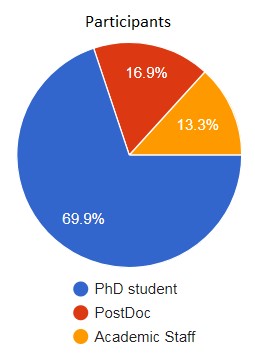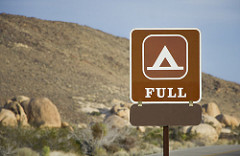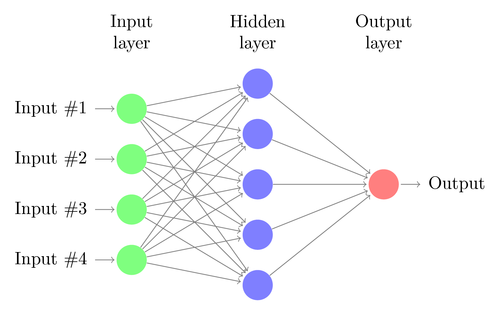This is the question that brought 80 scientific researchers together for a hands-on Deep Learning Workshop.
Deep learning is a type of machine learning that trains a computer to perform human-like tasks, such as making predictions, recognising speech and images. With the buzz around artificial intelligence, there’s increasing interest in this subject and what it can offer researchers.
The Workshop
The first part of the workshop covered the basic theory of Deep Learning. TU Delft’s Dr. Jan van Gemert explained the differences between Deep Learning and other types of Machine Learning. He introduced the concept of a ‘feed-forward’ network and worked through the algebra to train a network to produce the correct result for a simple problem (an exclusive-or gate). He then introduced the convolutional network and explained how it can be used to solve image recognition problems, the topic of his own research. Jan has an ‘active learning’ style and the participants took full advantage of the chance to ask questions.
For the second part of the workshop Osman Kayhan and Paul van Gent prepared hands-on examples for the participants to experiment with their own feed-forward networks and to give them practice with convolutional networks. The participants had come well prepared. They all had at least a basic knowledge of Python, NumPy and Jupyter Notebooks. They had also pre-installed the required software (Python, Jupyter Notebooks, TensorFlow and Keras, using Anaconda). This meant that Osman and Paul could spend more of their time helping the participants to understand the Deep Learning concepts.

So how did this workshop come about?
The Innovation Department of TU Delft central ICT Department was set up to support our academic staff in their primary processes of scientific research and education. The workshop was an activity the department organised as an experiment, to see if researchers would appreciate support with Deep Learning.
The answer was a definite: YES! The workshop had a maximum capacity of 80 participants and registration had to be closed within 24 hours of the initial announcement.

When asking participants for ideas on how the department could support them in the future, their ideas included: programming language courses (Python, C++, Arduino, etc.), coding helpdesk, machine learning course, more in depth deep learning course, more targeted seminars per faculty, course on time series analysis, GPU computing, cloud computing, build a GPU cloud, …
Plenty to think about for the future.
What’s next?
Jan, Osman and Paul very generously donated their time for this workshop. If you have ideas about how we could carry out further workshops of this nature, for example by teaming up with the Graduate School or the Delft Data Science institute, then feel free to send them to me. See ‘About the Author’ below.
If you’re interested in the subject of Deep Learning, you might like the free online book: http://www.deeplearningbook.org/. Jan used chapters 6, 6.1, 4.3, 5.9 for this workshop.
If you’re in Delft, you could also consider signing up for the Jan’s Masters course: http://studiegids.tudelft.nl/a101_displayCourse.do?course_id=45093
If you’d like to enrol for upcoming workshops, please consult the ‘Upcoming events’ section of our website: https://www.tudelft.nl/ict-innovation/
About the Author
Susan Branchett is Expert Research Data Innovation in the ICT-Innovation department of the TU Delft. She has a Ph.D. in physics and many years’ experience in software development and IT.
Find her at TU Delft or LinkedIn or Twitter.
This blog expresses the views of the author.
Acknowledgements
Thank you to colleague Julie Beardsell for editing this blog and adding the introductory paragraph.
The neural network image is from: http://www.texample.net/tikz/examples/neural-network/ and is used under the Creative Commons Attribution 2.5 international license.
The pie-chart was created using Google forms.
The full sign image is from: https://www.flickr.com/photos/joshuatreenp/16489743289 and is used under the Creative Commons Public Domain license Mark 1.0.
Except where otherwise noted this blog is available under a Creative Commons Attribution 4.0 international license.
